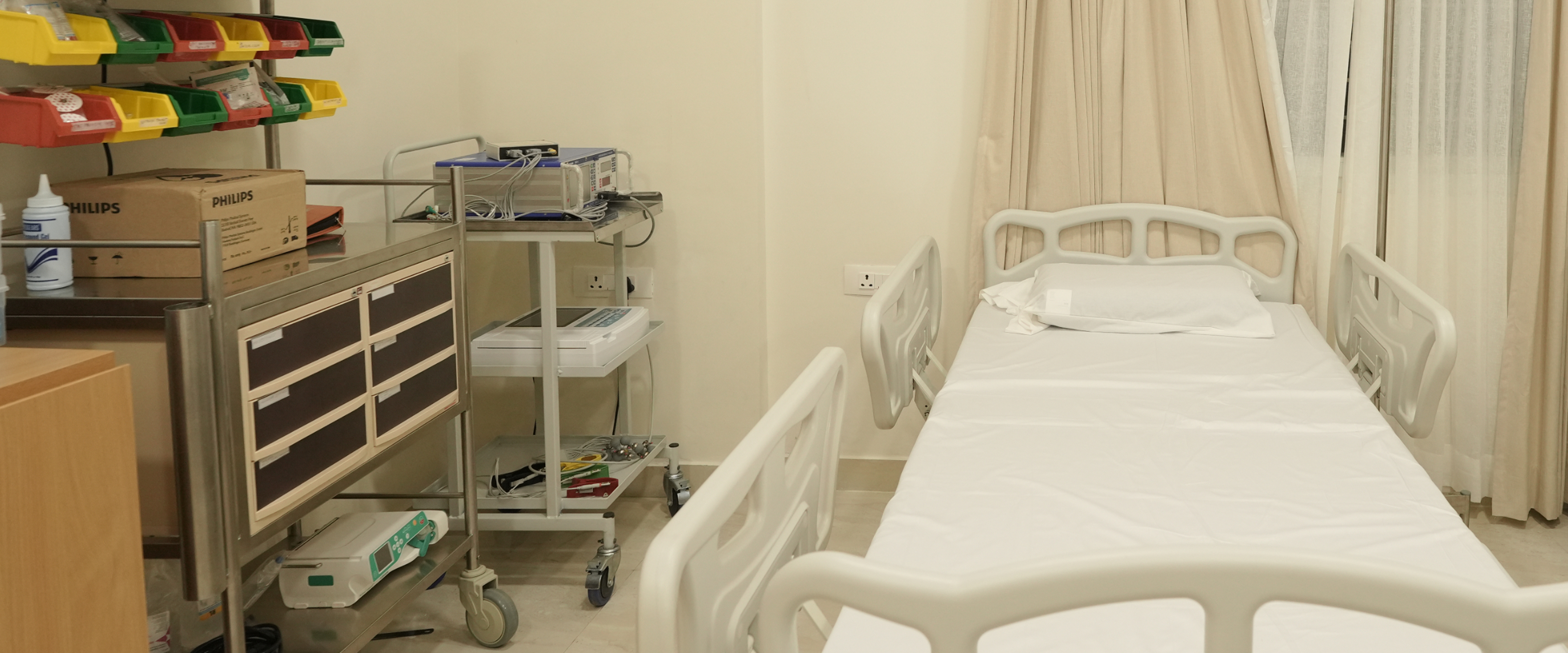
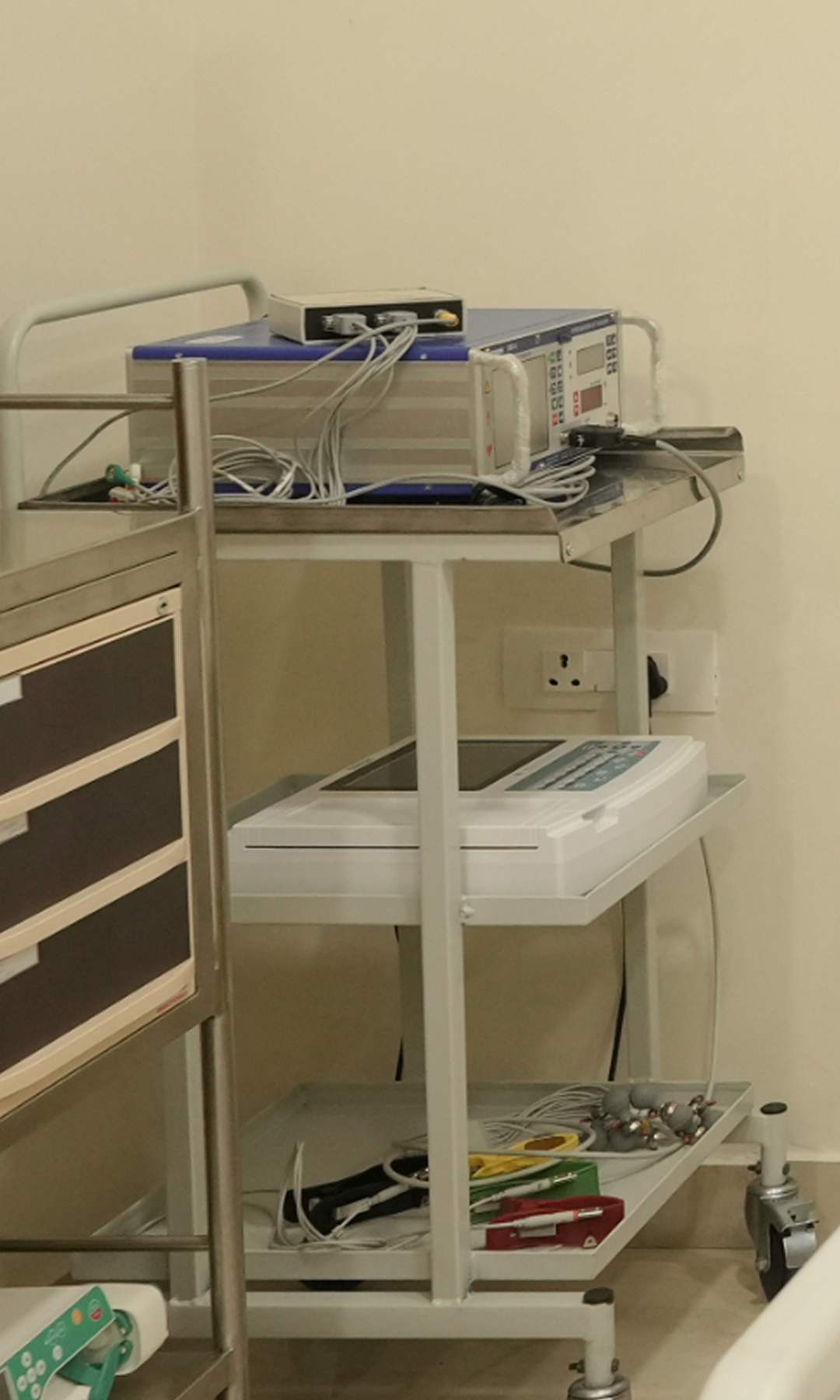
Electroconvulsive Therapy (ECT)
Structured intervention for complex needs. ECT is an advanced intervention, one that is used carefully and only when needed.What is electroconvulsive therapy (ECT)?
Electroconvulsive Therapy (ECT) is a medical procedure performed under general anaesthesia where controlled, low-dose electric currents trigger a brief seizure in the brain. This process can alter brain chemistry in ways that bring rapid relief from symptoms of certain mental health conditions.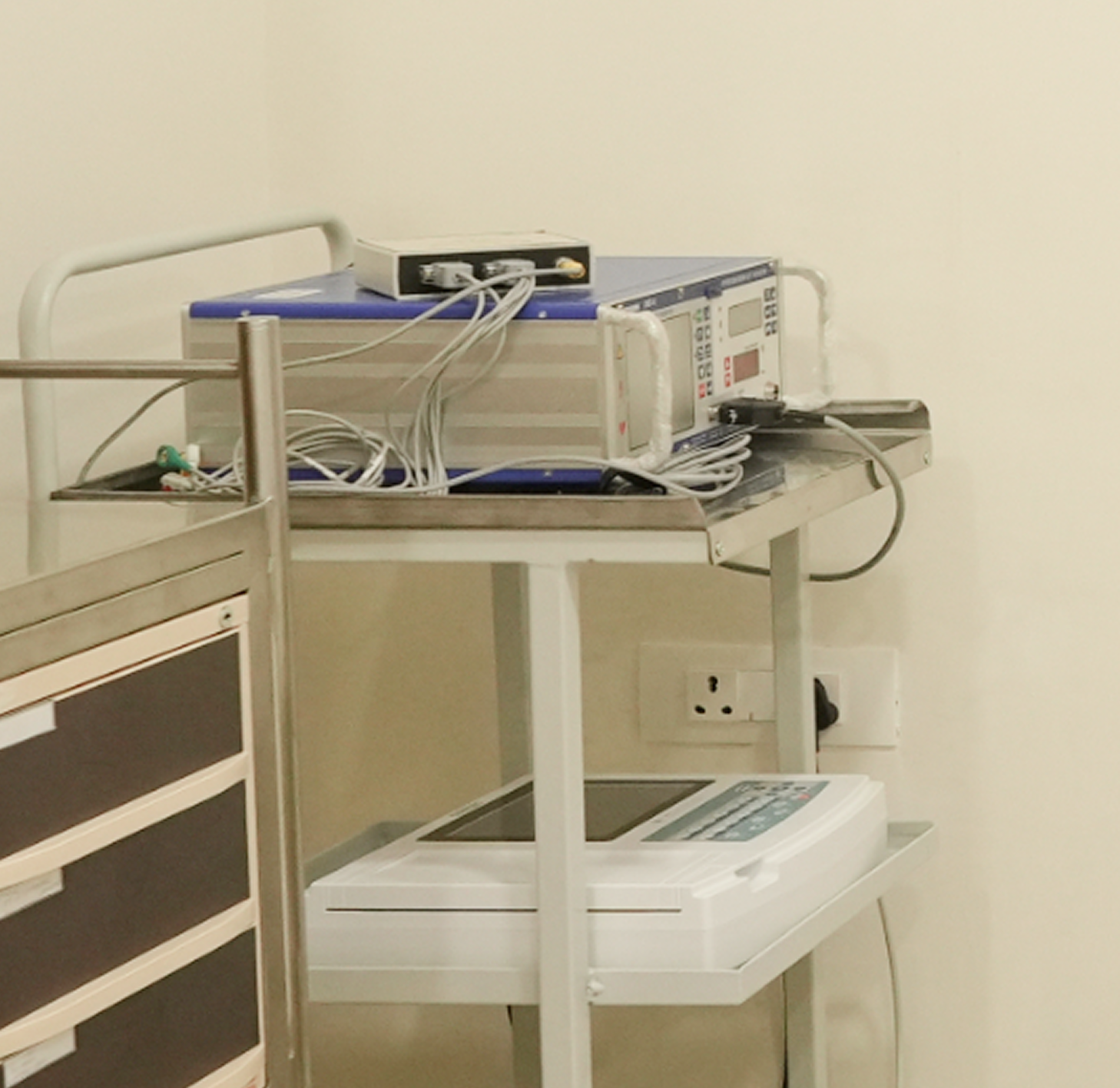
Benefits Of ECT
Electroconvulsive Therapy (ECT) is a proven treatment for certain severe mental health conditions. At Amaha, it is carried out using modern, safe techniques with careful medical supervision to ensure your comfort and well-being.When is ECT recommended?
ECT can be a valuable option when symptoms are severe, life-threatening, or not responding to standard treatment.
ECT may be right for you if:
- Major depression with suicidal thoughts
- Catatonia or extreme withdrawal
- Severe agitation, aggression, or psychosis
- Mood disorders that have not improved with other treatments
Conditions under which ECT is not recommended:
- You have recently had a heart attack or have unstable heart disease.
- You have increased pressure inside your brain (which can be caused by swelling, bleeding, or certain growths in the brain).
- You have certain brain conditions, such as tumours, bleeding, or recent brain injury.
What happens during an ECT session?
ECT is a safe and evidence-based treatment for certain mental health conditions. In a clinical setting, it is performed under anesthesia, closely monitored by a team of specialists, and typically brings relief from symptoms when other treatments have not been effective.
- You are given anaesthesia and a muscle relaxant before the procedure.
- A small, controlled electrical current is passed through your brain while you are asleep.
- This triggers a brief seizure lasting under a minute.
- Each session lasts only a few minutes, with recovery monitoring to follow.
Step-by-step patient experience:
Evaluation
Consent and Preparation
Treatment
Recovery & Follow-up
Effects Of ECT
ECT is considered safe when performed under medical supervision, but like any treatment, it may have some temporary side effects. At Amaha, our experts will guide you through what to expect and closely monitor your recovery after each session.
Headache or muscle soreness. Usually mild and treatable with medication.
Nausea can occur after the procedure but generally subsides quickly.
Some people feel disoriented for a short time after waking from anesthesia.
Temporary memory loss, especially for events around the time of treatment, is possible but often improves over days to weeks.
Why choose ECT at Amaha?
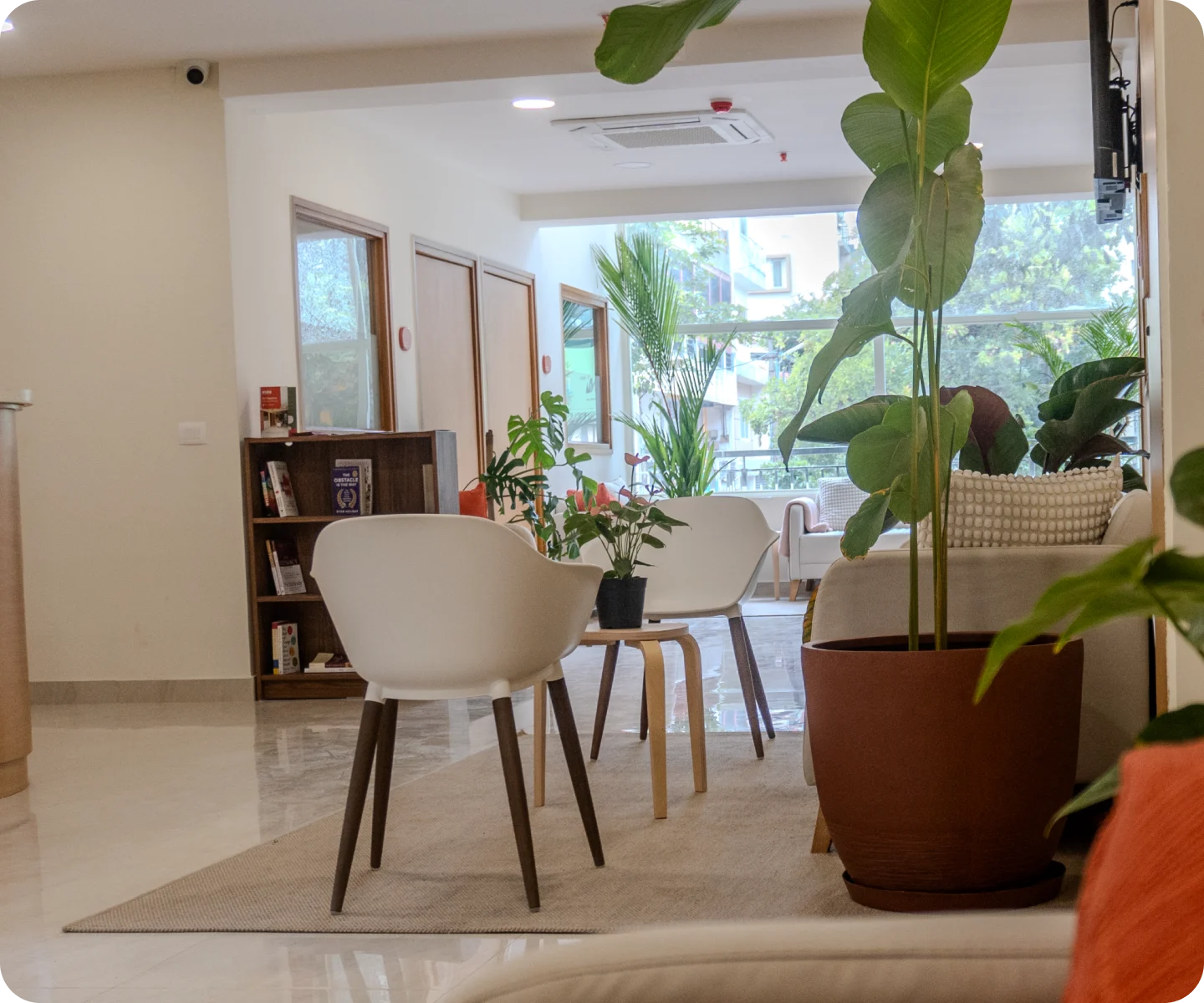
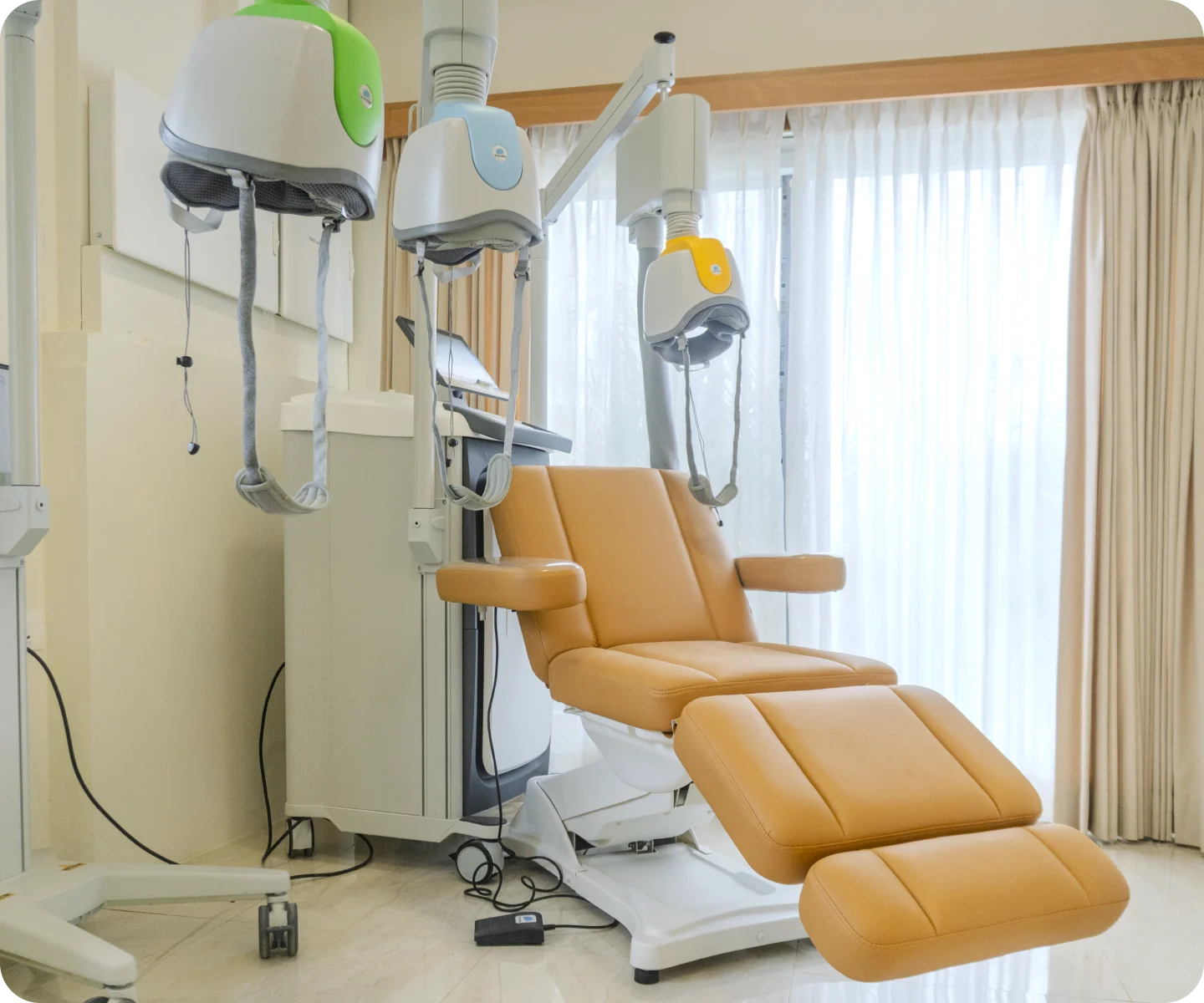
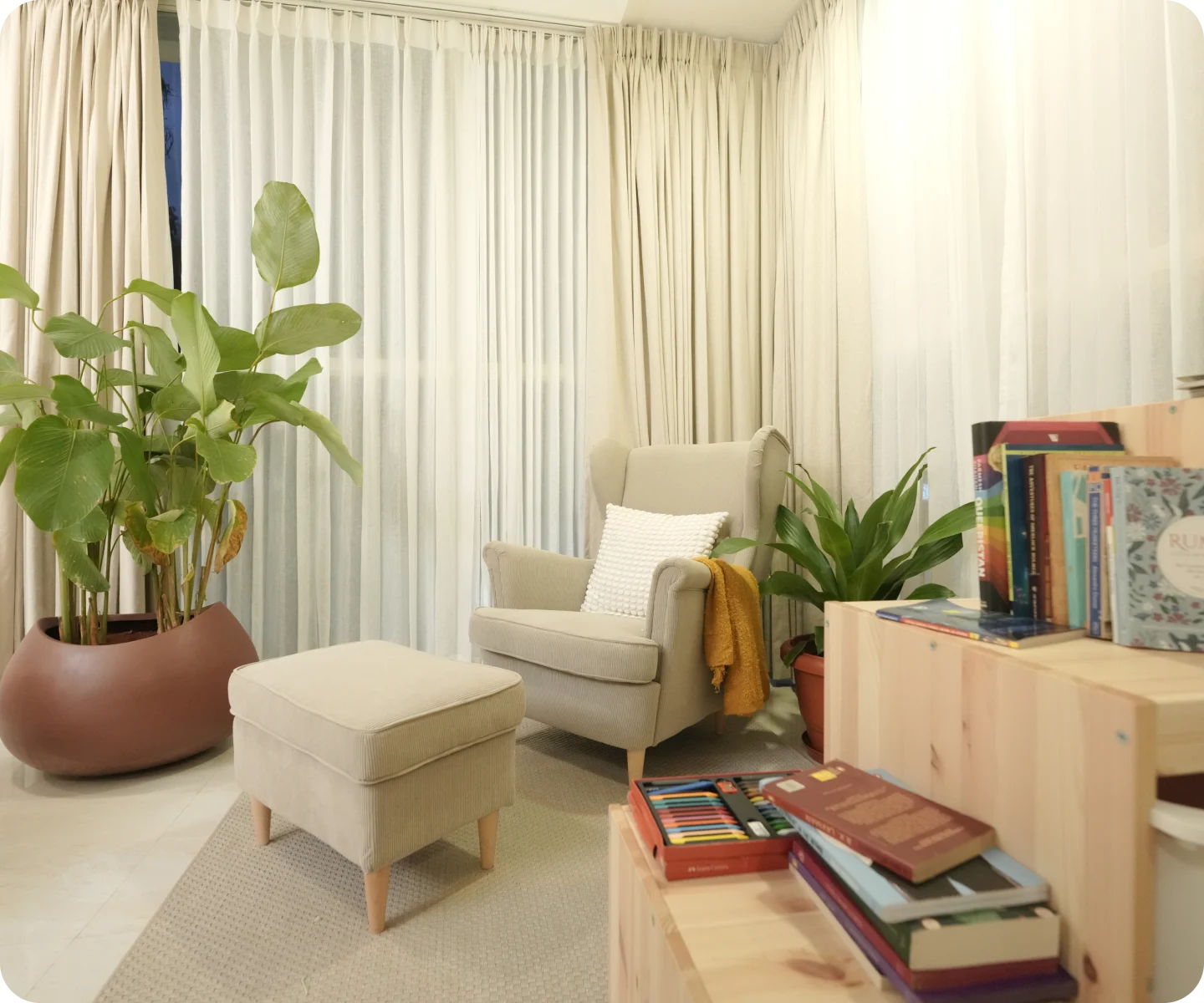
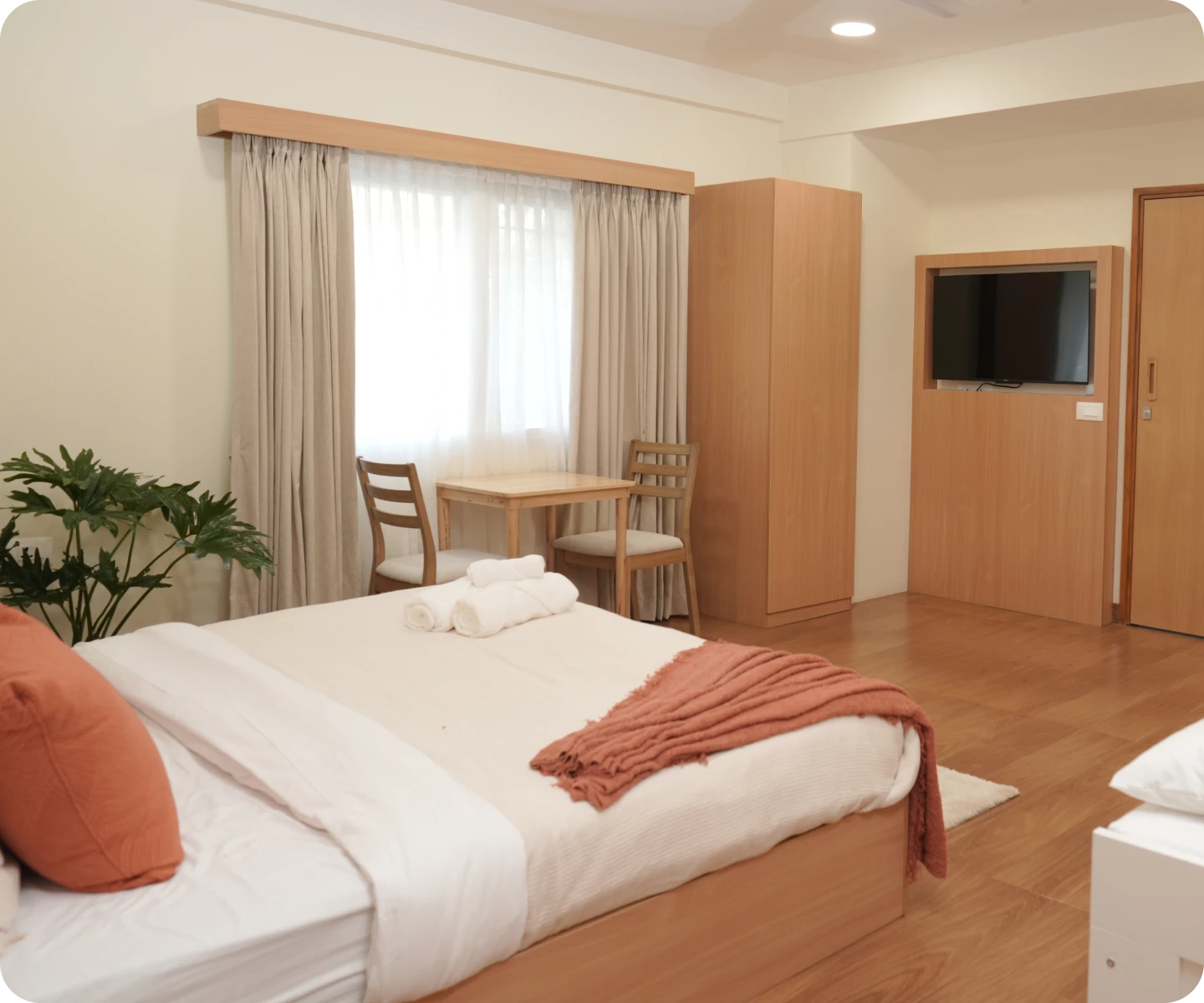
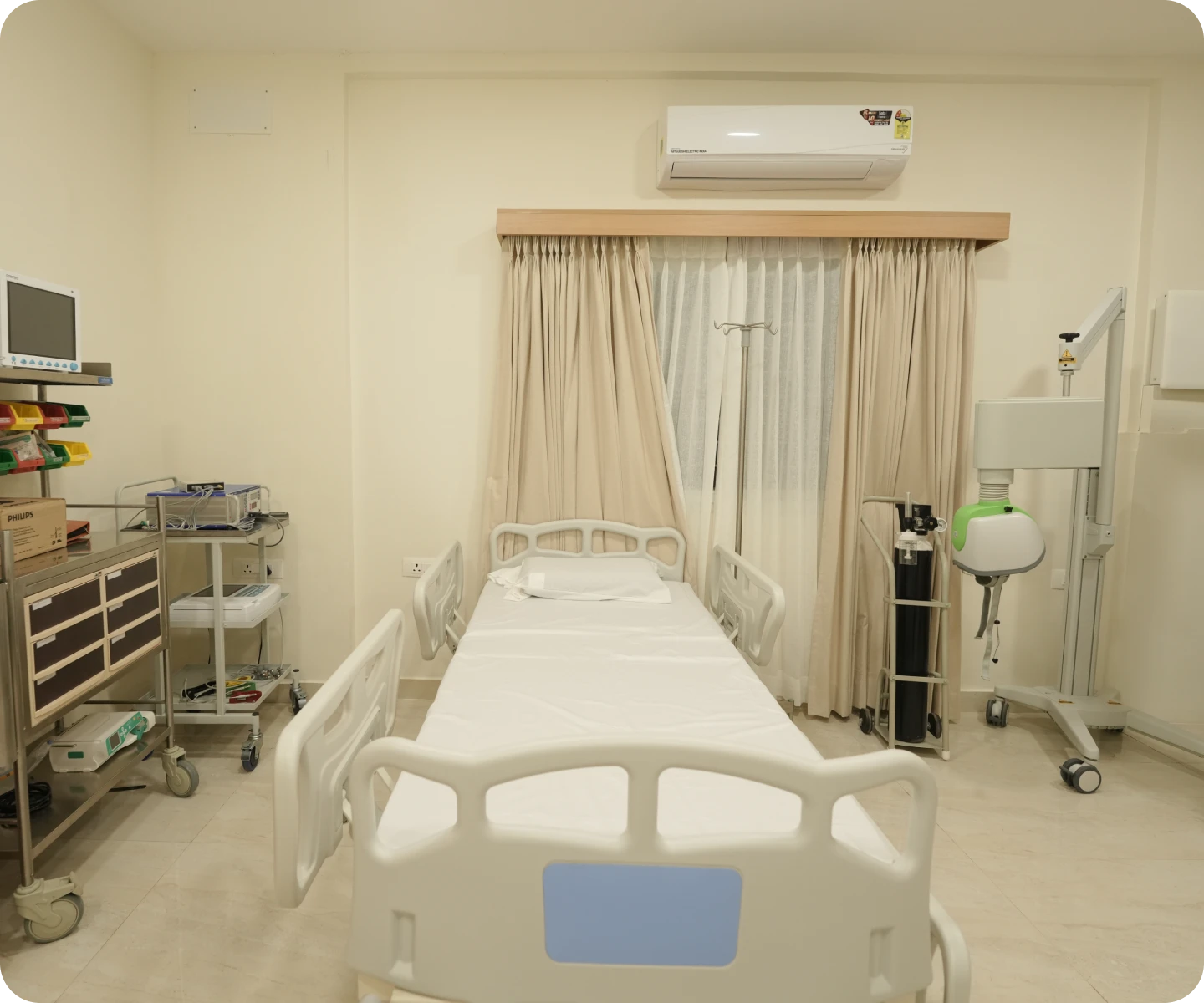


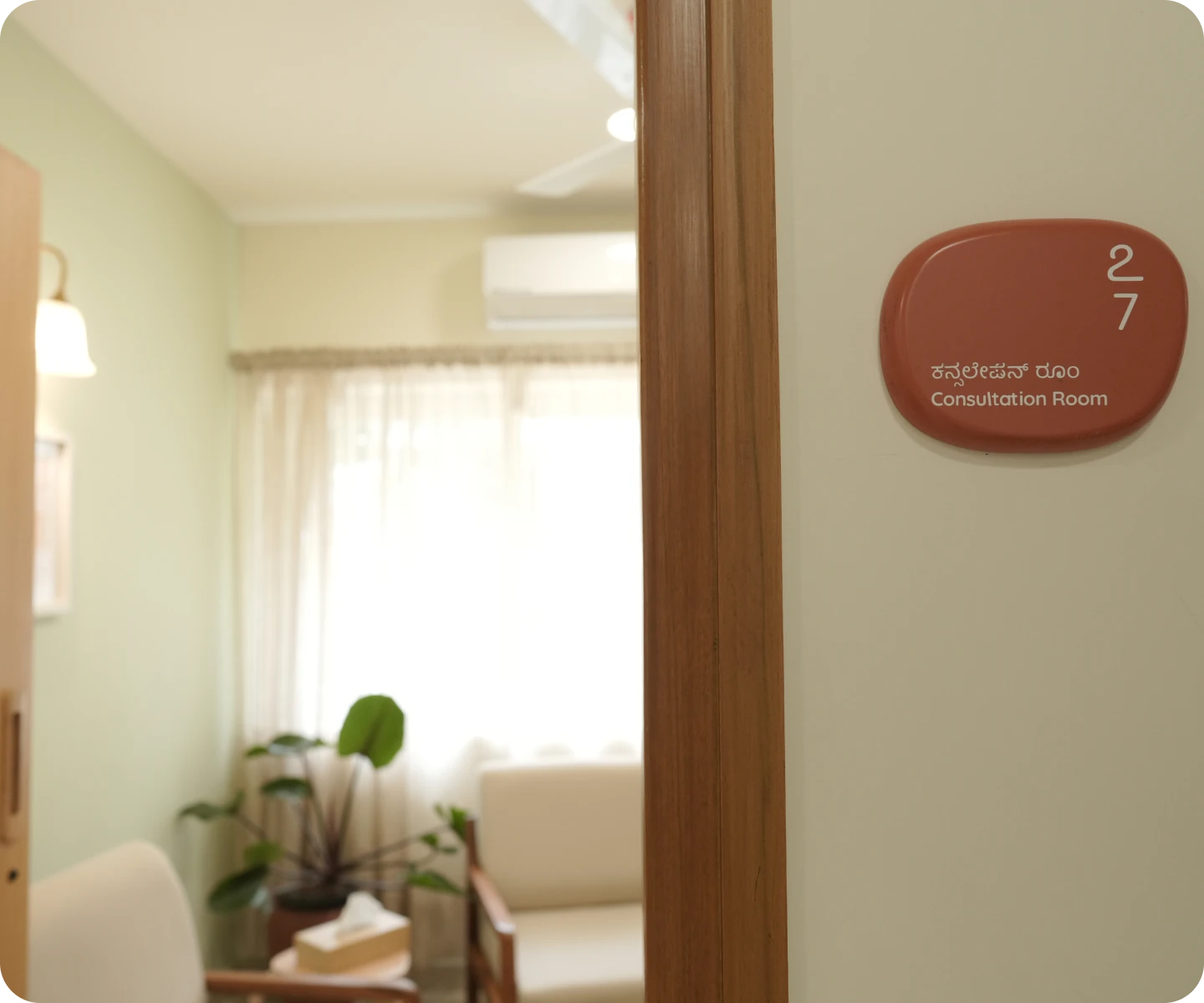








Safety and regulations for ECT at Amaha
At Amaha, every step of care follows the Mental Healthcare Act, 2017. These safeguards are a core part of how we protect dignity and choice in care.Need help or have questions about ECT?
If you’re unsure and need more information about ECT, we’re here to answer your queries.We’re here to help you
You don’t need to have it all figured out; that’s what we’re here for. Fill out the form to connect with our team. We'll help you explore if this is the right option for you or your loved one, answer your questions, and help you access the care you need.Your Name*
Your Email Address*
Your Phone Number*
+
Your Location
How can we support you today?*
Your questions about ECT, answered
How do I get an ECT session at Amaha?
- Evaluation: A thorough mental health and medical assessment is done to confirm if ECT is the right option, especially for severe or urgent cases.
- Consent and preparation: Your psychiatrist will explain benefits, risks, and the treatment plan. Pre-procedure instructions and anaesthesia clearance are completed.
- Treatment: ECT is performed in a hospital setting under general anaesthesia. Small electrical currents are applied to the brain to trigger a brief, controlled seizure.
- Recovery and Follow-up: You'll rest in a recovery room until fully awake, then go home the same day (accompanied with someone). Sessions may be repeated several times a week for a few weeks, as advised by your psychiatrist.
What is the cost for ECT?
How does ECT work?
Is ECT safe?
How many sessions are required?
What are the side effects?
- Temporary memory gaps, especially around the time of treatment.
- Mild headache or muscle soreness.
- Short-term confusion after the procedure.
- Recovery and Follow-up: You’ll rest in a recovery room until fully awake, then go home the same day (accompanied with someone). Sessions may be repeated several times a week for a few weeks, as advised by your psychiatrist.



